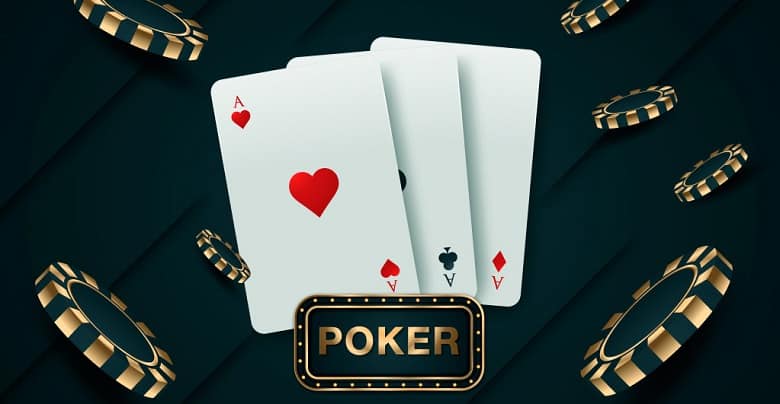Derek Webb Poker
At gambling establishments such as River Rock Casino in Geyserville, Thunder Valley Casino in Lincoln (Placer County) and Red Hawk Casino in Placerville (El Dorado County), bettors know and love the three-card poker table game for its fast action and big payouts on monster hands.
But for inventor Derek Webb, the process of bringing the game to market was anything but easy.
Derek Webb Poker Tournaments

Webb, who splits his time these days between Las Vegas and Darby, England, likens the process of getting casinos to license the game to 'pulling teeth,' and notes that it was one of the toughest challenges of his career.

'I never intended to become a traveling salesman, but effectively, that's what happens,' he says. 'One of the challenges of inventing is that you have to wear multiple hats to make it work.'
Three Card Poker is a fun version of Poker that was invented by Derek Webb in 1994. Unlike many other Casino games, 3-Card Poker is not just based on luck. About 3 Card Poker In 1994 Derek Webb developed the variant on which Microgaming bases its 3 Card Poker games. His goal was to create a game with simple rules, big payouts, and a house edge that would attract casino owners. The result of his experiment, patented in 1997, offered all that, and more.
Webb invented the game in his native United Kingdom in 1994, but before he was allowed to sell it to casinos there, the British Casino Association required that he head overseas to provide some statistics on performance. With that, Webb headed for the United States in 1996. His goal: to license the game to enough casinos to get the requisite stats.
The first step in this process was obtaining a patent to protect his intellectual property; he did this without a snag (though the patent took a while to arrive).
The next step: pounding the pavement. With a mock-up of his game, Webb flew to gambling meccas such as Las Vegas; Reno; Tunica, Miss.; and Atlantic City, N.J., to sell his wares. He scheduled meetings with casino management. He explained the math, detailing the house edge of roughly 3.5 percent. Then he demonstrated his new game.
'You have to be able to talk on one level to the management about why the game will generate more revenue than some of the existing games that they've got,' notes Webb. 'Saying to a manager 'My game is a great game' is meaningless, because they hear that 10 times a month.'
Another important step in the process was for Webb to set up a dealer training protocol. This enabled him to offer casinos a 'full-service' product: the game and the know-how to operate it.
Since Webb's patent was granted in 1997, his efforts have paid huge dividends. To date, there are more than 1,600 three-card poker installations in cardrooms and casinos across the country, making his the leading proprietary game by far.
Casinos like the game because it is easy for dealers to learn, and it offers what's called a high 'hold percentage,' meaning the house holds on to a good amount of the money players buy in. Players (including this columnist) like the game because it's fast, easy to learn and doesn't end up being as much of a 'money pit' as some other table games.

Derek Webb Poker Game

'Success for me is defined by knowing that when people walk into a casino, mine is the game they want to play,' Webb says. 'Really, in my profession, there's nothing better than that.'